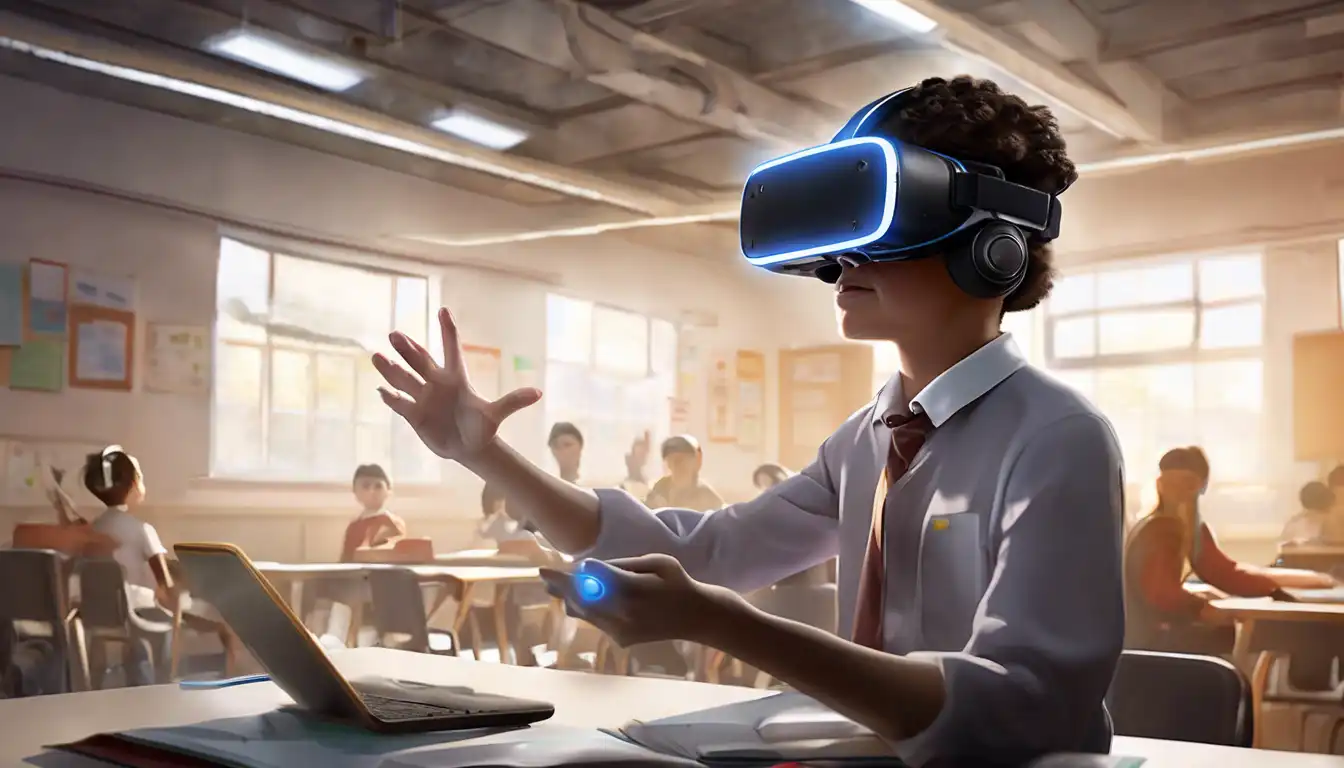The Transformative Impact of Virtual Reality on Learning and Development
Virtual Reality (VR) technology has been making waves across various sectors, and its application in education and training is proving to be a game-changer. By creating immersive, interactive environments, VR offers unparalleled opportunities for experiential learning, making complex concepts easier to understand and retain.
Why VR in Education?
Education systems worldwide are constantly seeking innovative methods to enhance learning outcomes. VR steps in as a powerful tool that can simulate real-world scenarios, allowing students to explore and interact with subjects in a way that traditional textbooks cannot match. From virtual field trips to historical sites to dissecting a frog in biology class, VR makes learning engaging and effective.
VR in Professional Training
Beyond the classroom, VR is revolutionizing professional training across industries. Medical students can perform virtual surgeries, reducing the risk and cost associated with real-life operations. Similarly, pilots and astronauts use VR simulations for flight training, providing a safe environment to practice and hone their skills.
Benefits of VR in Learning
- Enhanced Engagement: VR's immersive nature captures learners' attention, making education more interactive and enjoyable.
- Improved Retention: Experiential learning through VR helps in better retention of information by engaging multiple senses.
- Safe Learning Environment: VR allows learners to practice skills and experiments without the fear of real-world consequences.
- Accessibility: VR can bring distant or inaccessible locations and experiences to learners, breaking geographical and physical barriers.
Challenges and Considerations
Despite its potential, the integration of VR in education and training comes with challenges. The cost of VR equipment and the need for technical infrastructure can be prohibitive for some institutions. Additionally, creating high-quality, educational VR content requires significant resources and expertise.
The Future of VR in Education and Training
As technology advances and becomes more affordable, the adoption of VR in education and training is expected to grow. With the development of more sophisticated and accessible VR solutions, the potential for transforming learning experiences is limitless. The key to success lies in collaboration between educators, technologists, and policymakers to harness VR's full potential.
For more insights into how technology is shaping the future of education, explore our technology in education section.
